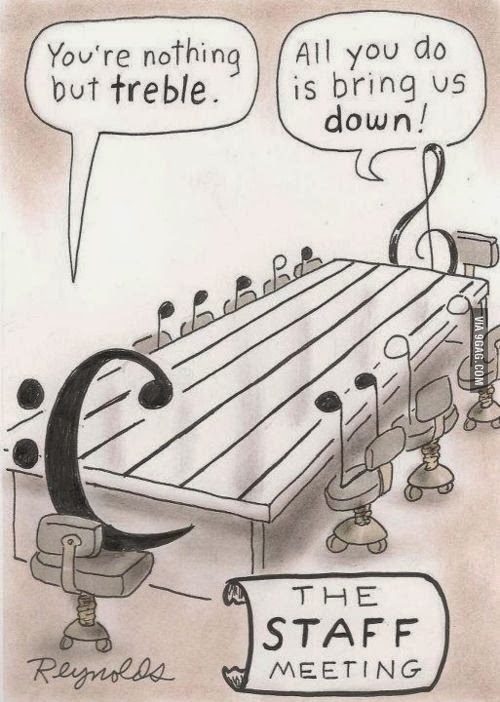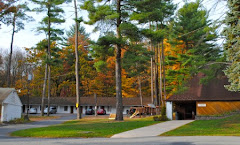For centuries Israel had waited for God to fulfill His promises and send His anointed one to rescue them. The Old Testament Scriptures are filled with the prophecies of His coming kingdom and His power and love. And yet for hundreds of years there was no sign or word of this promised One. I am sure that many had grown weary of waiting and had just given up hope. But others continued to have hope as they watched for Him and prayed for His arrival. And the great hymn writer, Charles Wesley (1707-1788), tried to capture this great expectation when he penned this hymn. It is interesting to note that Wesley is credited with writing more than 6,500 hymns. I don't know at what age he composed his first, but I would estimate that he had to write an average of 100 per year and, personally, I find that incredible. This particular hymn was first published in 1744 in Wesley's Hymns for the "Nativity of Our Lord", a little collection so popular that it was reprinted 20 times during his lifetime. Published in two eight-line stanzas, this hymn is now generally sung in the Advent season rather than during the nativity of Christ as the title of the collection indicates. The first verse focuses on the fact that the coming of Jesus Christ fulfilled Israel's longing for the Messiah. As the one whose coming was prophesied in the Old Testament, He is the "long-expected Jesus." A few of the prophecies that Jesus fulfilled are Isaiah 7:14, which spoke of a virgin giving birth to a child whose name would mean "God with us;" Isaiah 9:6, which told of a child whose name would be called "Wonderful Counselor, the Mighty God, eternal Father, the Prince of Peace;" and Micah 5:2, which said that from Bethlehem would come a ruler whose "goings forth are from long ago, from the days of eternity." These and many similar prophecies looked forward to the coming of the Messiah, and, as mentioned previously, many devout Jews prayed earnestly for the day when He would arrive. Although He fulfilled Israel's prophecies, Jesus came to bring salvation to the entire world, which is what Wesley was referring to when he described Christ as the "hope of all the earth" and the "dear desire of every nation." More than that, He is the "joy of every longing heart." He alone is the one who can satisfy every soul. The last verse then goes on to tell us why Jesus can meet our expectations. He was "born a child and yet a King." As the One who is both God and man, Jesus was able to satisfy God's wrath completely by dying on the cross for our sins. When Wesley wrote about Jesus' "all sufficient merit," he was referring to Christ's ability to bring us to salvation. In his final phrase, "raise us to thy glorious throne", Wesley shares that someday, through the work of Christ, we will be united around the throne of God in heaven. And now for over two thousand years believers have looked for that special day. And like the early Israelites, some have grown weary of looking for the fulfillment of that promise. But many, over the centuries, have prayed and looked with great hope for that day. All God's prophecies and promises will be fulfilled - in His time. And maybe, as we enter a new year, we should pray that 2016 might be the year when this promise is finally fulfilled and God's children are gathered home for all eternity. Maybe our prayer during the coming new year should be, "come, thou long expected Jesus ... raise us to Thy glorious throne".
1. Come, thou long expected Jesus,
born to set thy people free;
from our fears and sins release us,
let us find our rest in thee.
Israel's strength and consolation,
hope of all the earth thou art;
dear desire of every nation,
joy of every longing heart.
2. Born thy people to deliver,
born a child and yet a King,
born to reign in us forever,
now thy gracious kingdom bring.
By thine own eternal spirit
rule in all our hearts alone;
by thine all sufficient merit,
raise us to thy glorious throne.
You can listen to it here. LISTEN
Here, also, is an interesting video using this hymn as a background. VIDEO



















